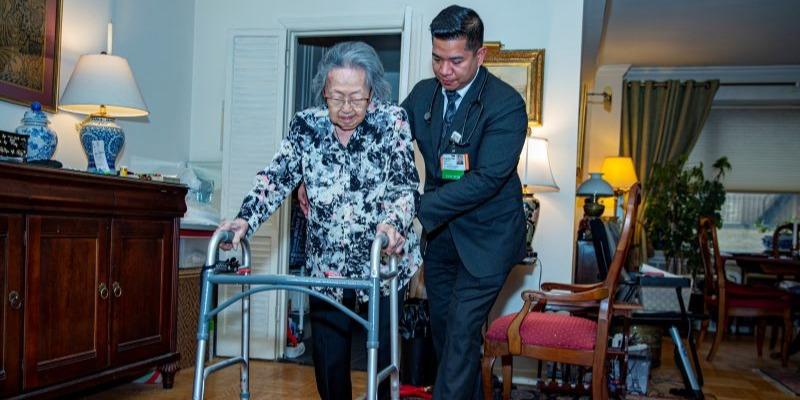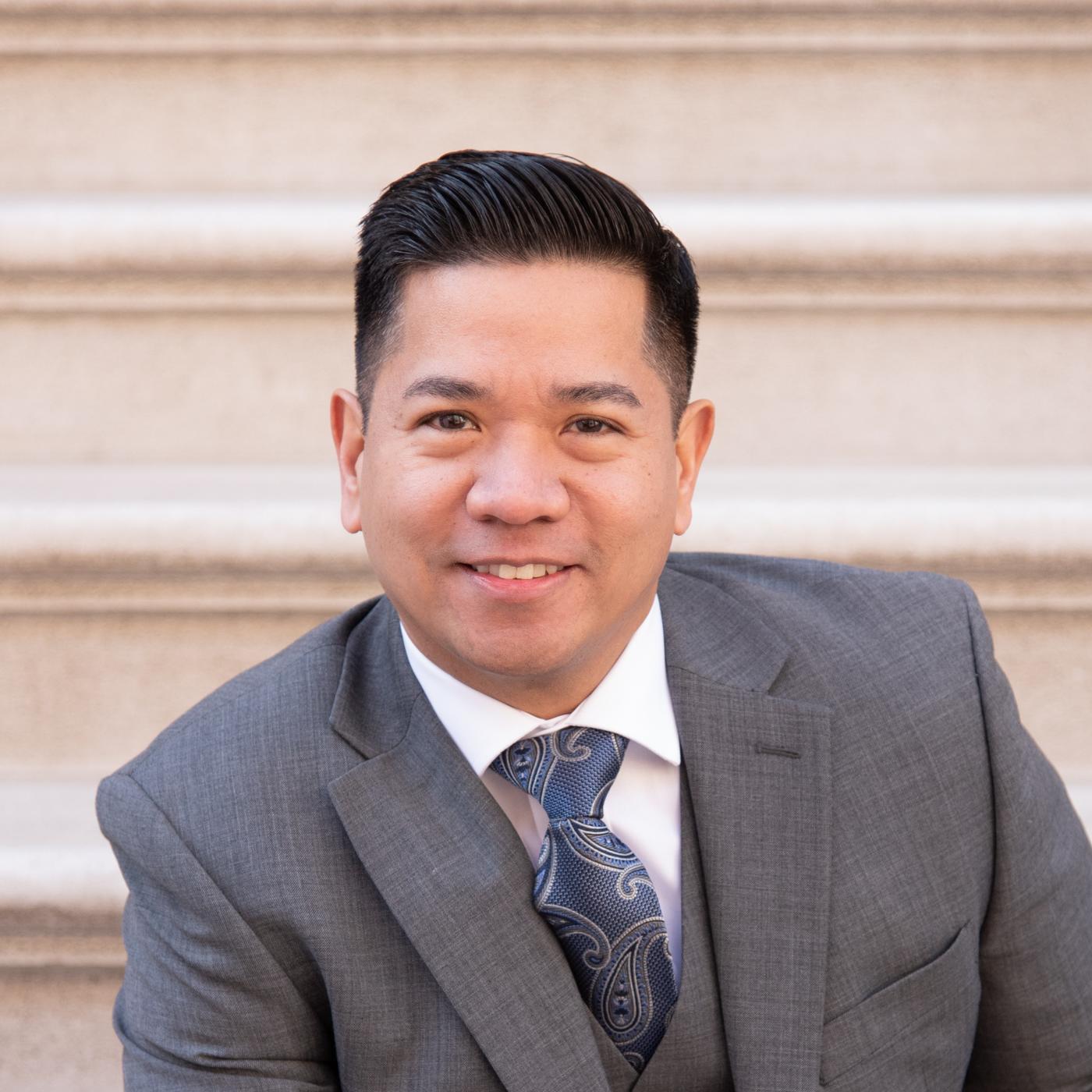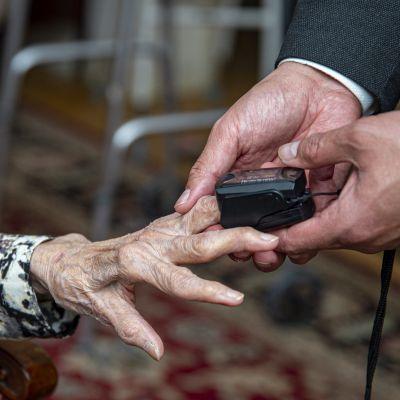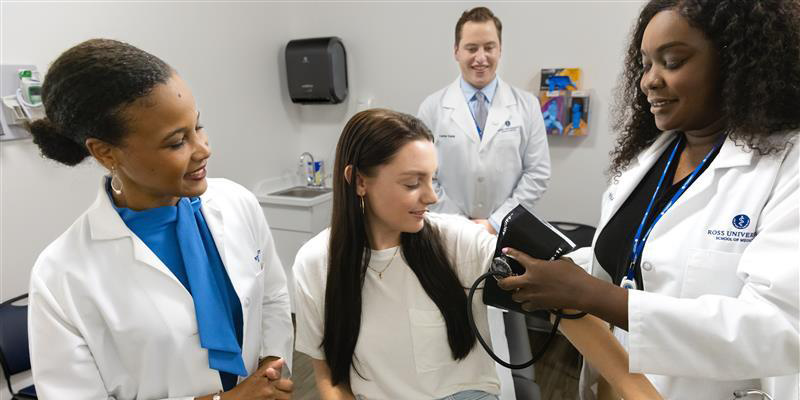The need for home-based care is increasing. Meet a geriatrician helping families navigate the devastating toll of cognitive decline with dignity, planning and patient-first care.
Alzheimer’s is one of the fastest-growing public health emergencies in the U.S., with more than 6.9 million Americans over 65 living with the disease today—a number expected to nearly double by 2050. The rising prevalence threatens to overwhelm caregivers, families and healthcare systems already strained by aging population needs.
For Christopher Paredes, MD ’09 from Adtalem Global Education’s Ross University School of Medicine, and a board-certified geriatrician, these statistics are the daily reality of his work. Based in New York, he provides home-based care through Northwell Health to some of the most vulnerable patients, many of whom are navigating life with Alzheimer’s.
"At least 60 percent of our patients have some form of dementia or Alzheimer’s type," he says.
The Crisis at Home: Where Alzheimer’s Care Really Happens
Unlike hospital-based models, Dr. Paredes delivers primary and palliative care directly in patients’ homes where their environments are familiar, and their dignity is preserved. His interdisciplinary team includes nurses, social workers, and paramedics trained to manage both clinical and emotional demands.
Adtalem, the No. 1 provider of healthcare education in the U.S., offers adult-gerontology nurse practitioner degrees and social work programs that focus on healthcare at Chamberlain University and Walden University.
According to a study from the Center to Advance Palliative Care and Palliative Care Quality Collaborative, the number of patients who can benefit from home-based palliative care is growing. They also found that 15% of in-home palliative care is for dementia and other neurologic diagnoses.
But the signs that help is needed don’t always come early.
Withdrawing from social interactions, denying symptoms and delayed diagnoses are common in Alzheimer’s. When combined with isolation and insufficient geriatric training in primary care clinics, dangerous gaps in care can emerge.
Planning with Purpose: Helping Families Make Hard Decisions
Dr. Paredes spends much of his time helping families understand what’s happening now and what’s coming.
“As soon as someone gets a little older, even if they’re active and fit, making sure finances and advance care planning are in place will help guide everyone,” he says. This preparation includes designating healthcare proxies, discussing treatment goals and understanding what quality of life looks like for the individual.
A New Model for a National Emergency
As Alzheimer’s reshapes the way millions age, providers like Dr. Paredes are demonstrating how healthcare can evolve. His work offers a blueprint for delivering compassionate, coordinated care where it’s needed most.
From legal planning to caregiver coaching, every decision in Dr. Paredes’s practice centers on one thing—the patient’s humanity.
Read more about how Dr. Paredes approaches hospice and palliative care in “Caring for a Rapidly Aging America.”
From geriatricians to nurses and social workers, learn how graduates from Adtalem’s institutions turn their educations into Degrees of Impact.
For more information, email the Adtalem Global Communications Team: adtalemmedia@adtalem.com.





